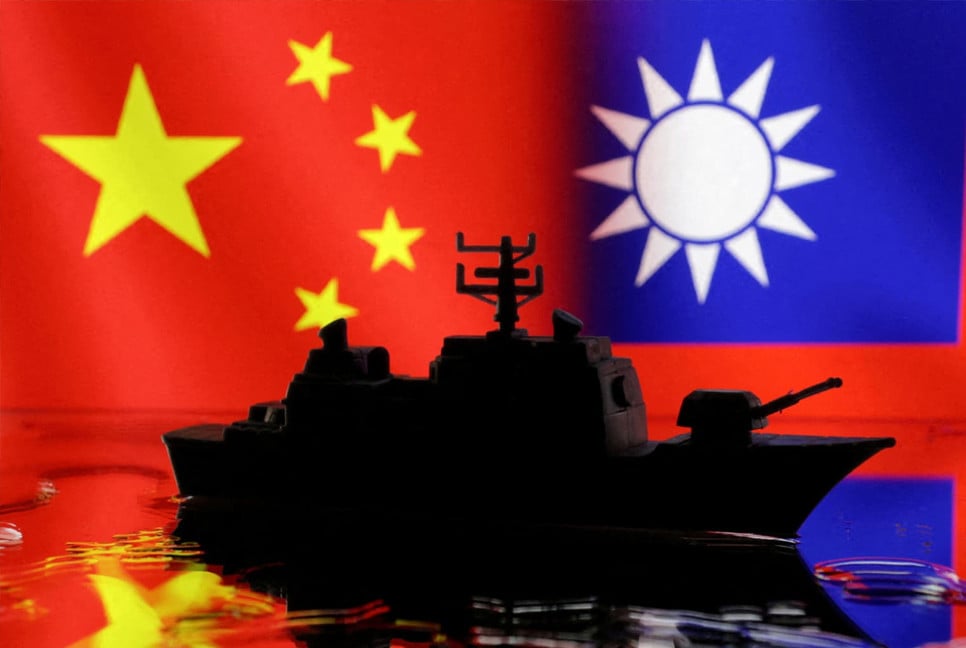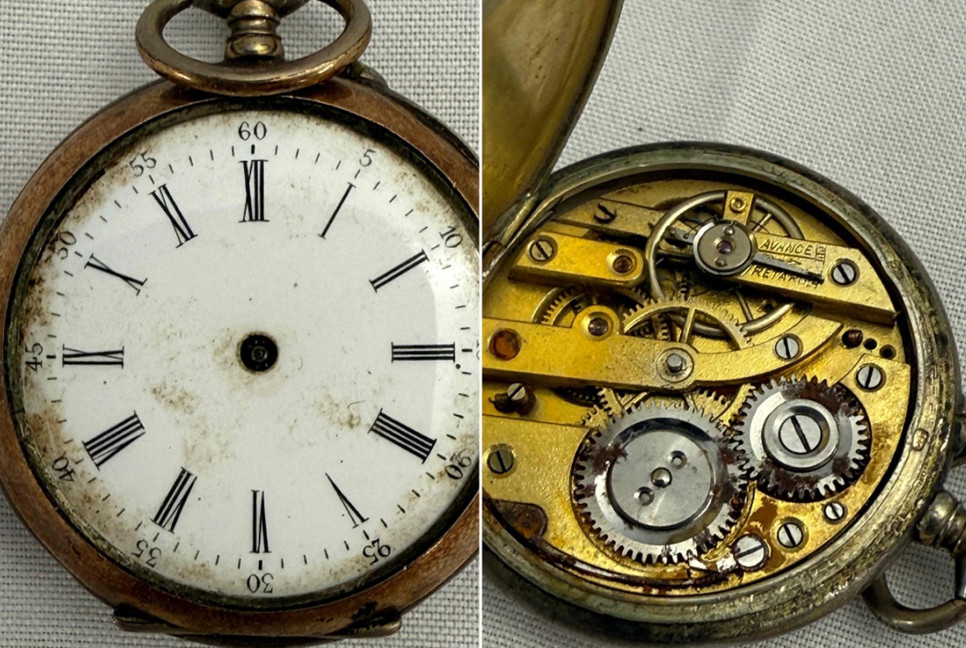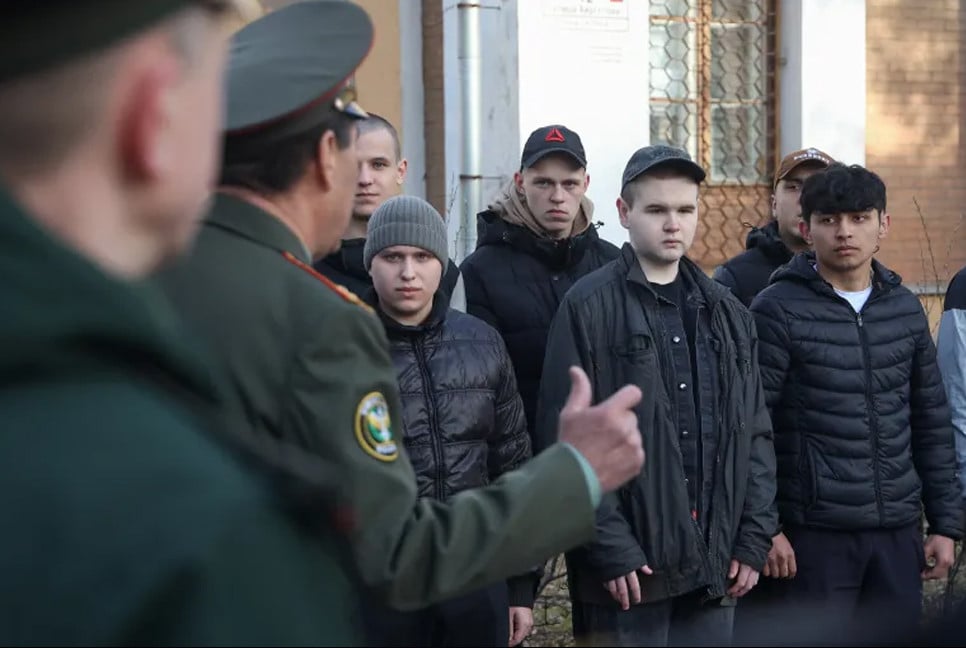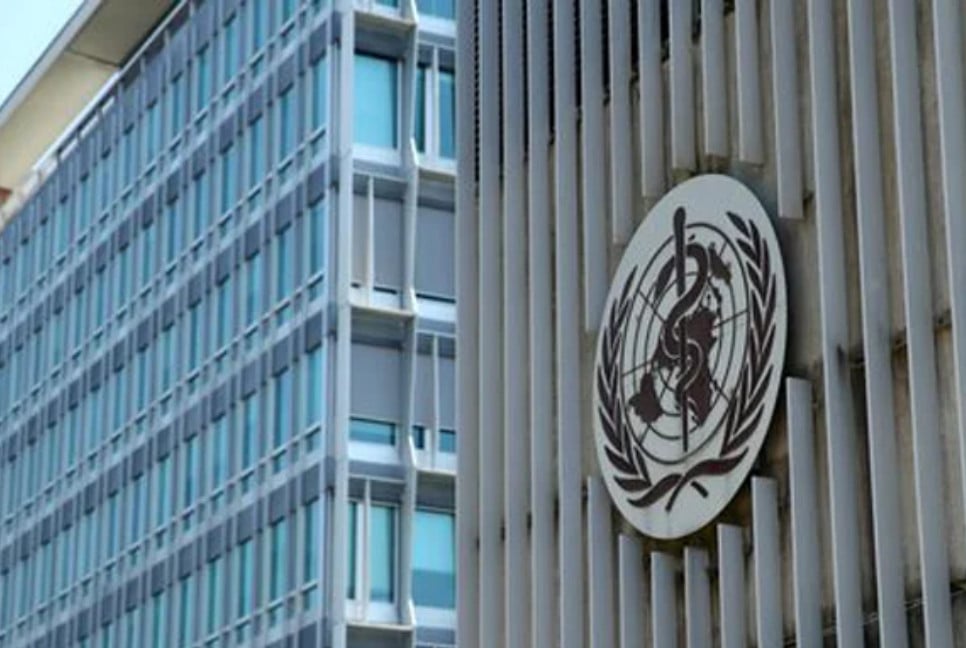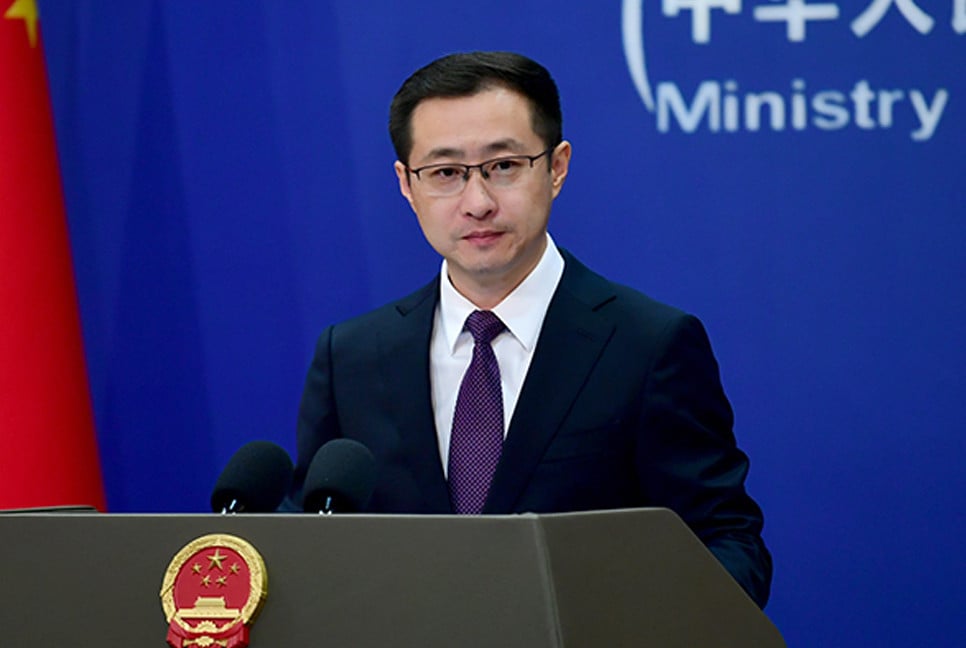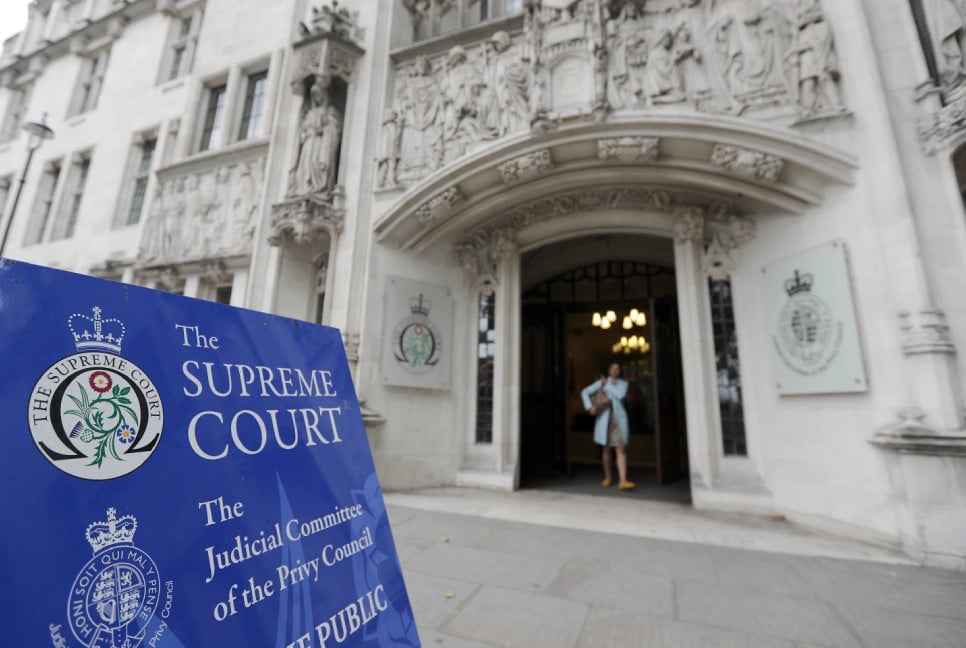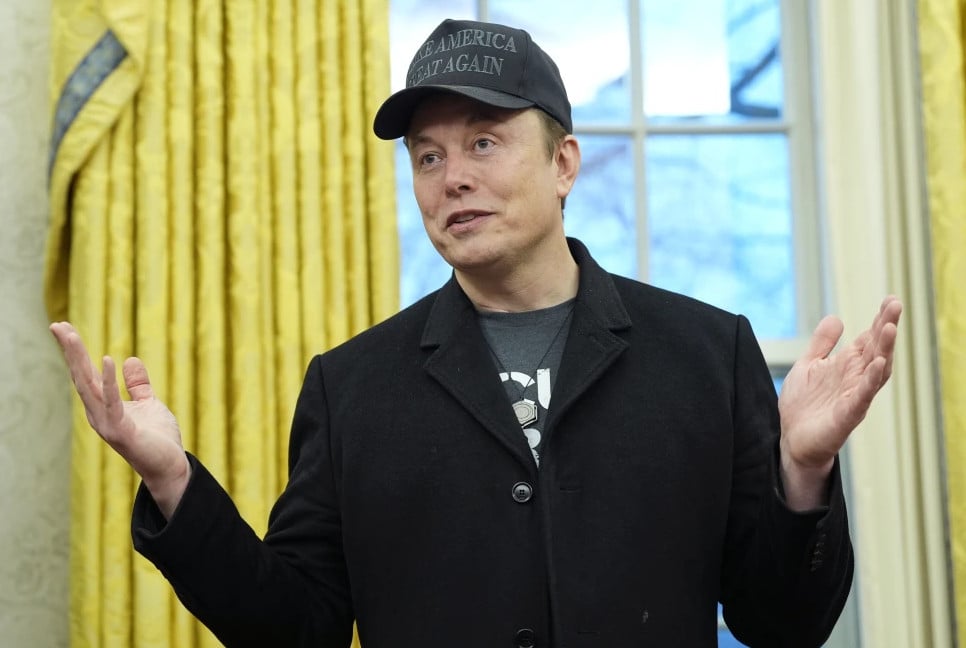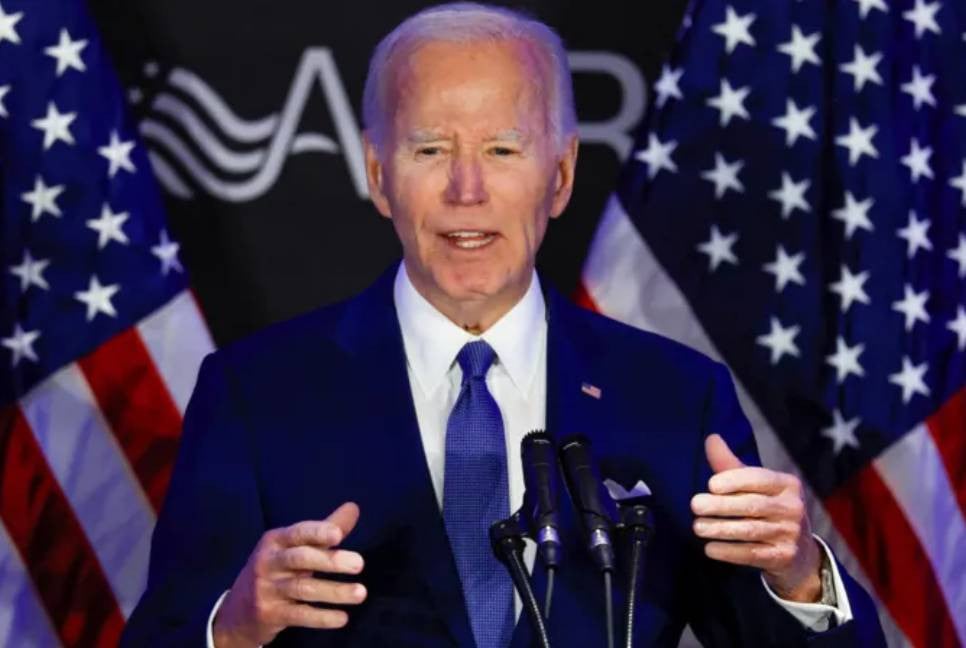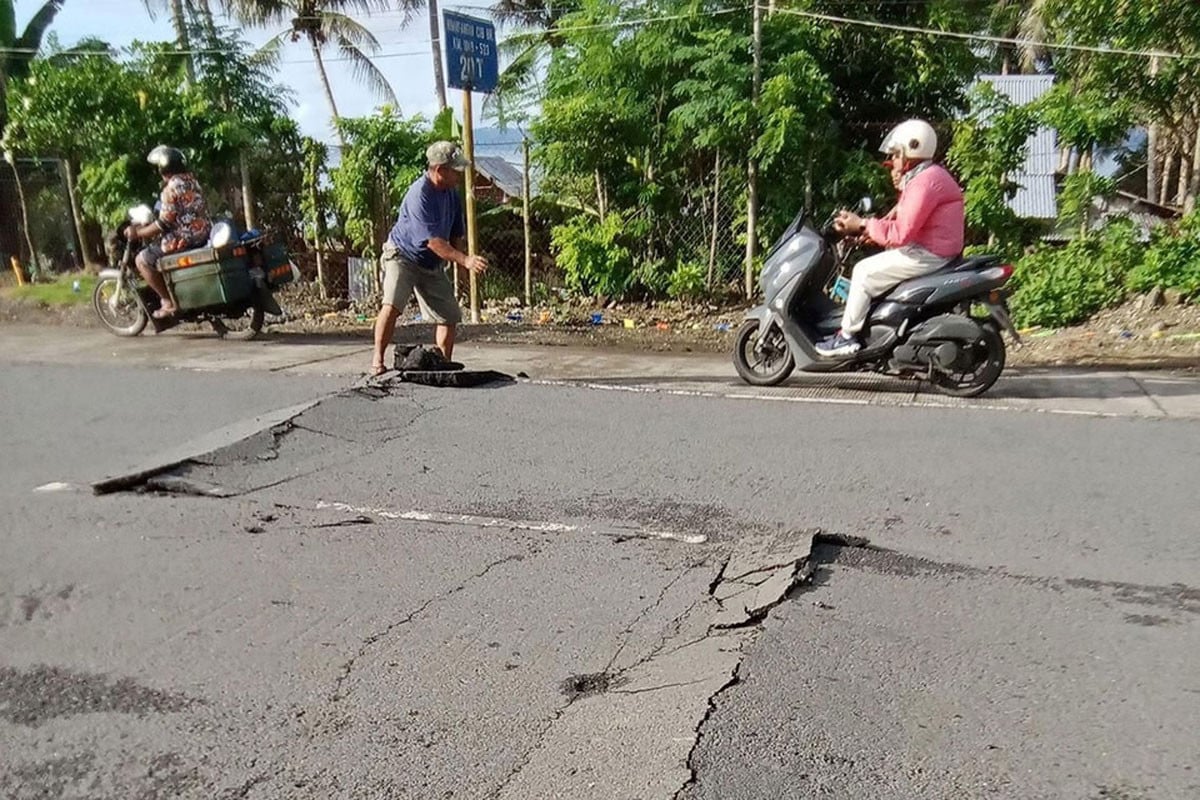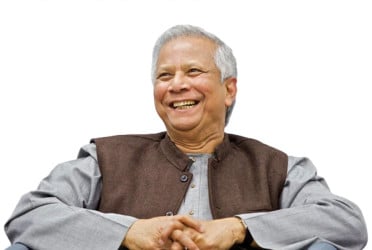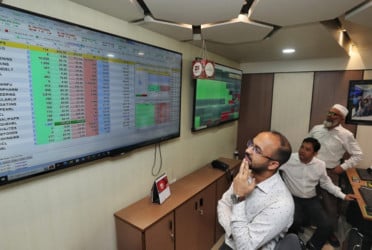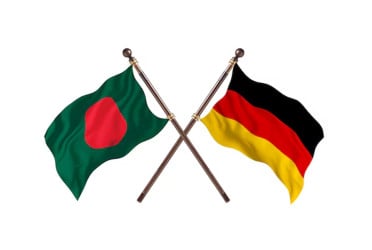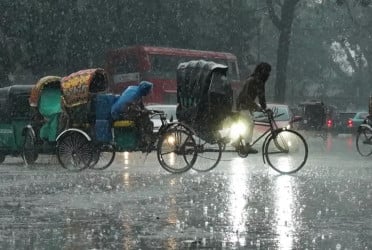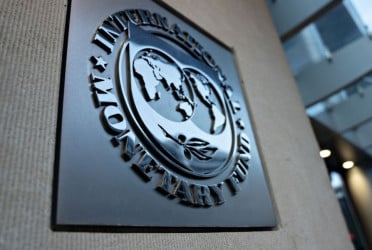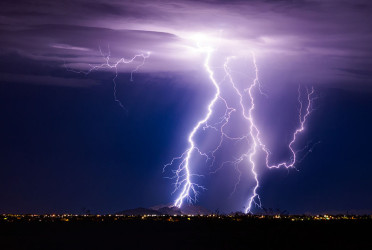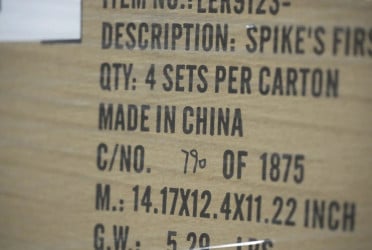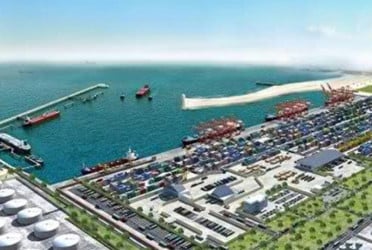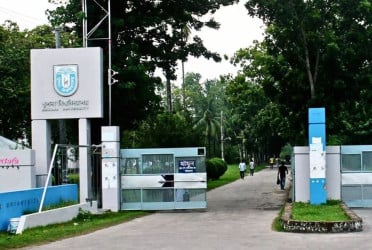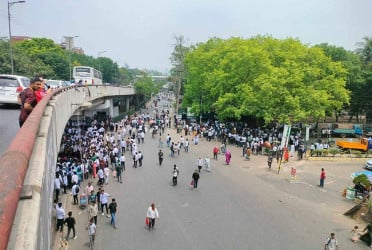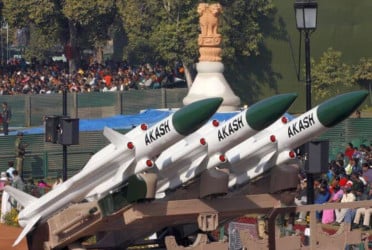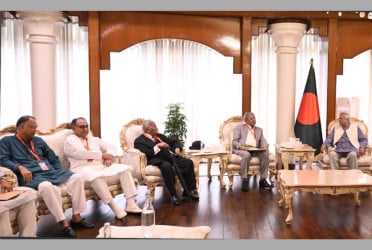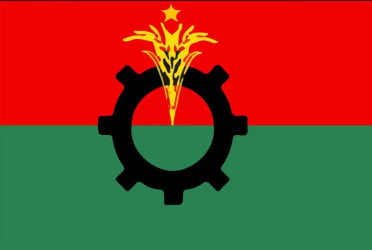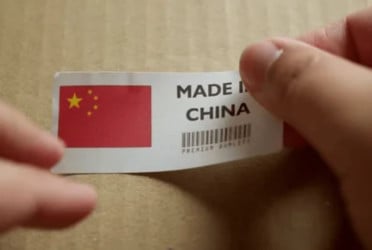Defence Minister Wellington Koo said on Wednesday that a real Chinese blockade of Taiwan would be an act of war and have far-reaching consequences for international trade. His statement came after China conducted military drills last week that practiced this scenario.
China, which views democratically governed Taiwan as its own territory, has over the past five years staged almost daily military activities around the island, including war games that have practised blockades and attacks on ports. Taiwan's government rejects Beijing's sovereignty claims.
China's latest war games around the island, carried out last week, included simulating blockading key ports and areas, and assaulting maritime and ground targets, Beijing said, reports Reuters.
Speaking to reporters at parliament, Koo noted that while those "Joint Sword-2024B" delineated the exercise area, there were no no-flight or no-sail zones.
"If you really want to carry out a so-called blockade, which according to international law is to prohibit all aircraft and ships entering the area, then according to United Nations resolutions it is regarded as a form of war," he said.
"I want to stress that drills and exercises are totally different from a blockade, as would be the impact on the international community."
Pointing to data that showed one-fifth of global freight passed through the Taiwan Strait, a blockade would have consequences beyond Taiwan, Koo said.
"The international community could not sit by and just watch."
While those war games last only a day, Chinese military activity has continued. China has never renounced the use of force to bring Taiwan under its control.
Carrier in the strait
Taiwan's defence ministry said earlier on Wednesday that a Chinese aircraft carrier group sailed through the Taiwan Strait, travelling in a northerly direction after passing through waters near the Taiwan-controlled Pratas islands.
The ministry said the Chinese ships, led by Liaoning, the oldest of China's three aircraft carriers, were spotted on Tuesday night, and its forces monitored the fleet. The Pratas are at the northern end of the South China Sea.
Koo said the Liaoning was sailing to the western side of the strait's median line, an unofficial barrier between the two sides China says it does not recognise.
China's defence ministry did not immediately respond to a request for comment.
The Liaoning was involved in those same Chinese war games last week near Taiwan.
Taiwan said at the time that the Liaoning operated off the island's southeast coast during those drills, launching aircraft off its deck.
Japan said last month the same carrier had entered Japan's contiguous waters for the first time.
China has sailed its carriers through the strategic strait before, including in December shortly before Taiwan held elections.
China says it alone has jurisdiction over the nearly 180 km (110 miles) wide waterway that is a major passageway for international trade. Taiwan and the United States dispute that, saying the Taiwan Strait is an international waterway.
The US Navy regularly sails through the strait to assert freedom of navigation rights. Other allied nations, like Canada, Germany and Britain have also carried out similar missions, to the anger of Beijing.
Taiwan has also been worried about China's use of its coast guard in recent war games, and is especially concerned Taiwanese civilian ships may be boarded and inspected as Beijing seeks to assert legal authority in the strait.
Taiwan's coast guard, in a report to parliament on Wednesday, said if that happened its ships would respond under the principle of "neither provoking nor backing down" and stop such acts "with all its strength".
Bd-pratidin English/Afia

